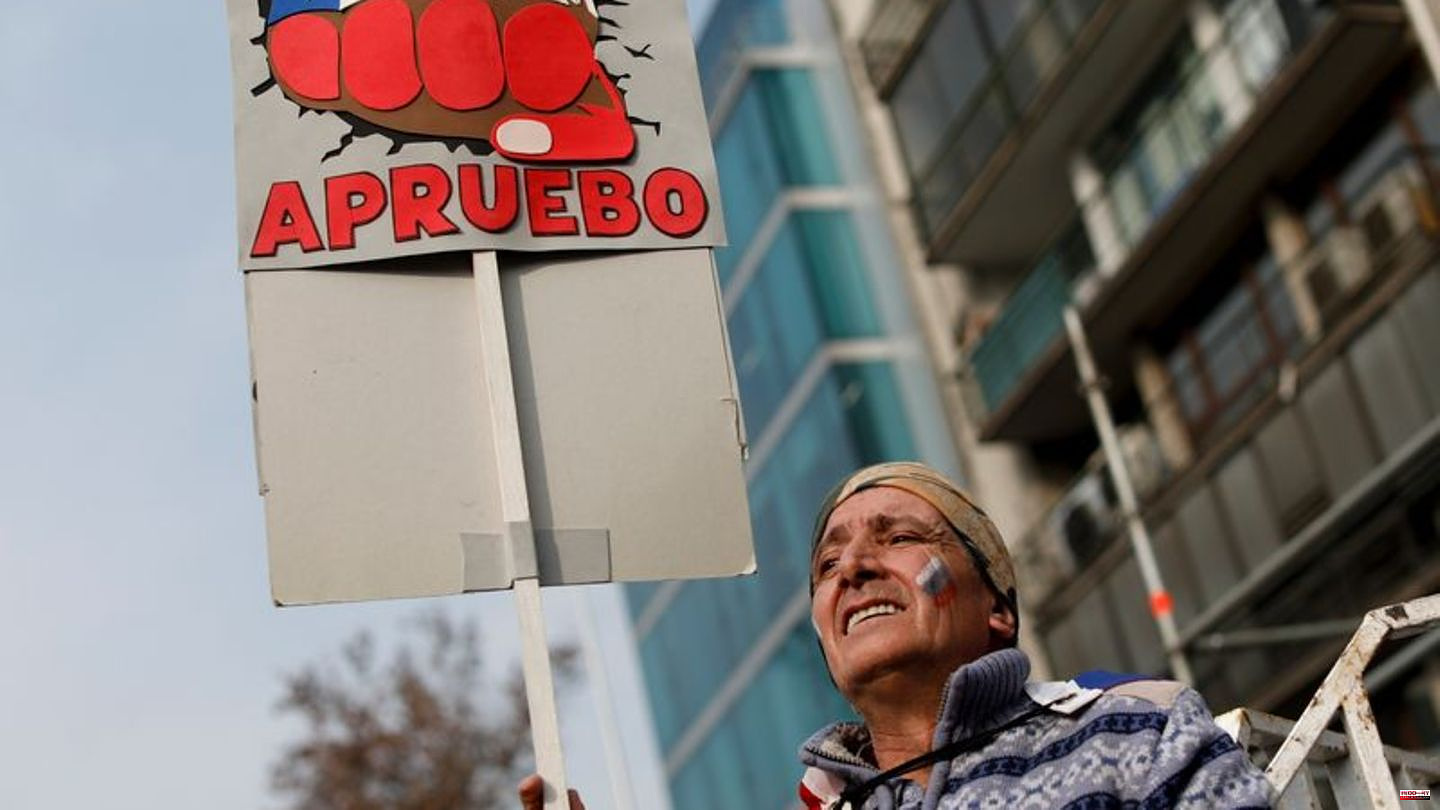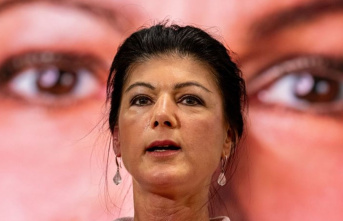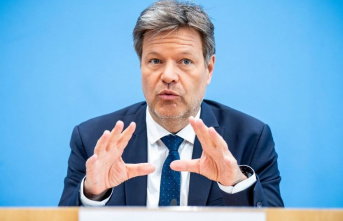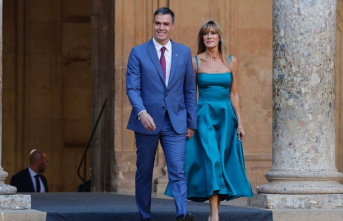Chile is facing a profound change. The neoliberal Chicago boys once made the South American country their field of experimentation, now Chile could have the most progressive, social and ecological constitution in the world. A Constituent Assembly brooded over the Basic Law for a year. On Sunday, the Chileans will vote on the 388 articles of the new constitution.
"It wasn't easy," said President Gabriel Boric as he accepted the draft constitution. "Because democracy is never easy." In fact, the new constitution has deeply divided Chilean society. While the supporters hope for more justice, participation and democracy, the opponents stir up fears of a slide into socialism.
The current constitution from 1980 dates from the time of the military dictatorship under General Augusto Pinochet. The tasks of the state are reduced to a minimum, the education, health and pension systems are privatised. Although Chile has the highest per capita income in South America, poverty has been reduced significantly in recent decades. The country with around 19 million inhabitants also suffers from great social inequality. "Chile was the cradle of neoliberalism, it will also be its grave," promised President Boric, who himself wrested the drafting of a new Magna Carta from the then conservative government as part of the 2019 protests.
Fundamental change not excluded
The new constitution could now fundamentally change Chile. For example, citizens should have a right to housing in the future. The state could thus enter into social housing construction and make housing available to the poor. In addition, everyone should have access to higher education and a state pension system and statutory health insurance should be set up.
In addition, women would in future be entitled to half of all posts in state bodies at national, regional and municipal levels. Particularly controversial in the conservative country: the new constitution guarantees a right to abortion. Currently, abortions are only possible in a few exceptional cases. For the first time, Chile is also defined as a plurinational state and the indigenous people - who make up around twelve percent of the population - are granted the right to self-determination.
The new constitution also makes the state responsible for environmental protection. A special duty of care towards ecosystems such as glaciers and seas is stipulated. Water is even defined as a common good. Water is currently privatized in Chile. In this way, landowners and companies can pump practically unlimited amounts of water out of their wells, while in the slums sometimes no clean water comes out of the tap.
There has been a change in mood in polls
"So it's not just about protecting the environment, but also about preserving the foundations of all human and non-human life," says the Viennese political scientist Ulrich Brand. "Common goods such as water and air should be given special protection, the privatization of water is ruled out. Food sovereignty and the protection of traditional seeds are declared important state goals. And those who destroy nature must repair them."
However, it is by no means certain that the constitution will actually be adopted. Two years ago, almost 80 percent of Chileans voted to draft a new constitution. Now things are very different: In the most recent polls, only about 37 percent of voters supported the draft constitution, while around 47 percent rejected it. Over 15 percent were undecided.
In structurally conservative Chile, many see the draft as a leftist utopia that could jeopardize the country's economic success. The right-wing opposition and conservative interest groups are using all their might to oppose the new Basic Law. They don't shy away from fake news either. Sometimes it is said that the right to private home ownership will be lost, sometimes abortions up to the 9th month are mentioned. Neither is true, but it is likely to stir up fears.
While the enthusiasm for the new constitution in Chile is limited, left-wing politicians, activists and scientists are hoping for a signal effect for the whole world. "We believe that the new constitution will set a new global standard for tackling climate change crises and economic insecurity, as well as for sustainable development," read a joint statement by 40 international economists and social scientists, including renowned French economist Thomas Piketty.












